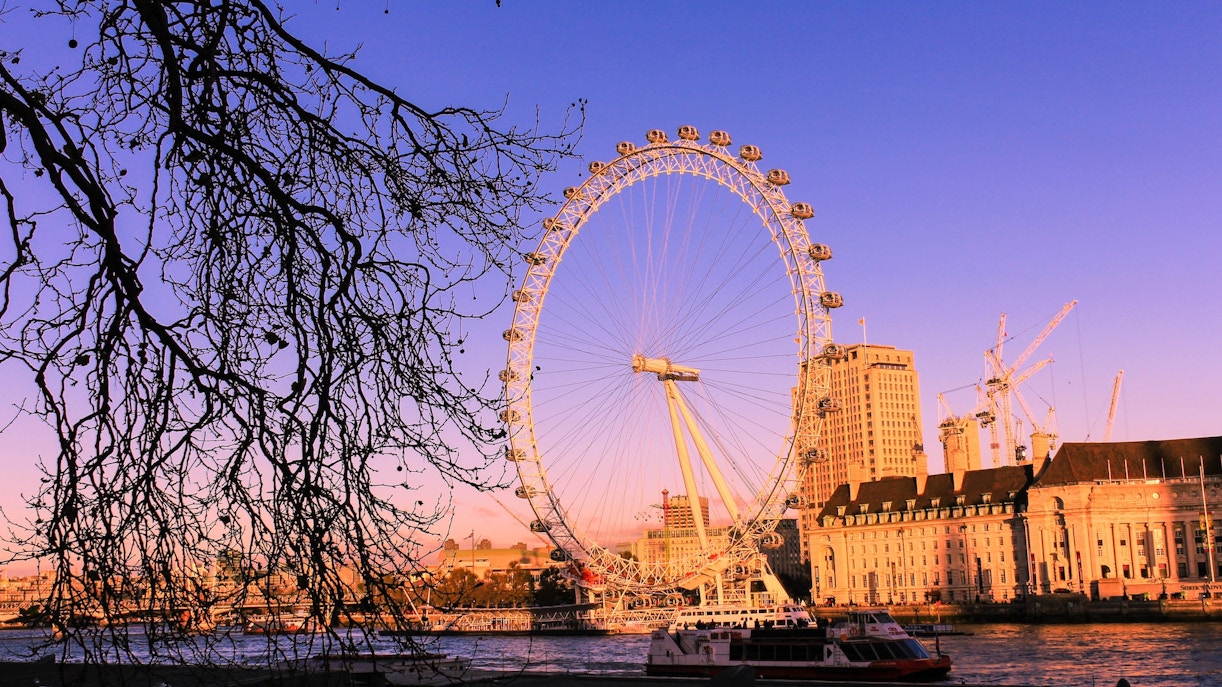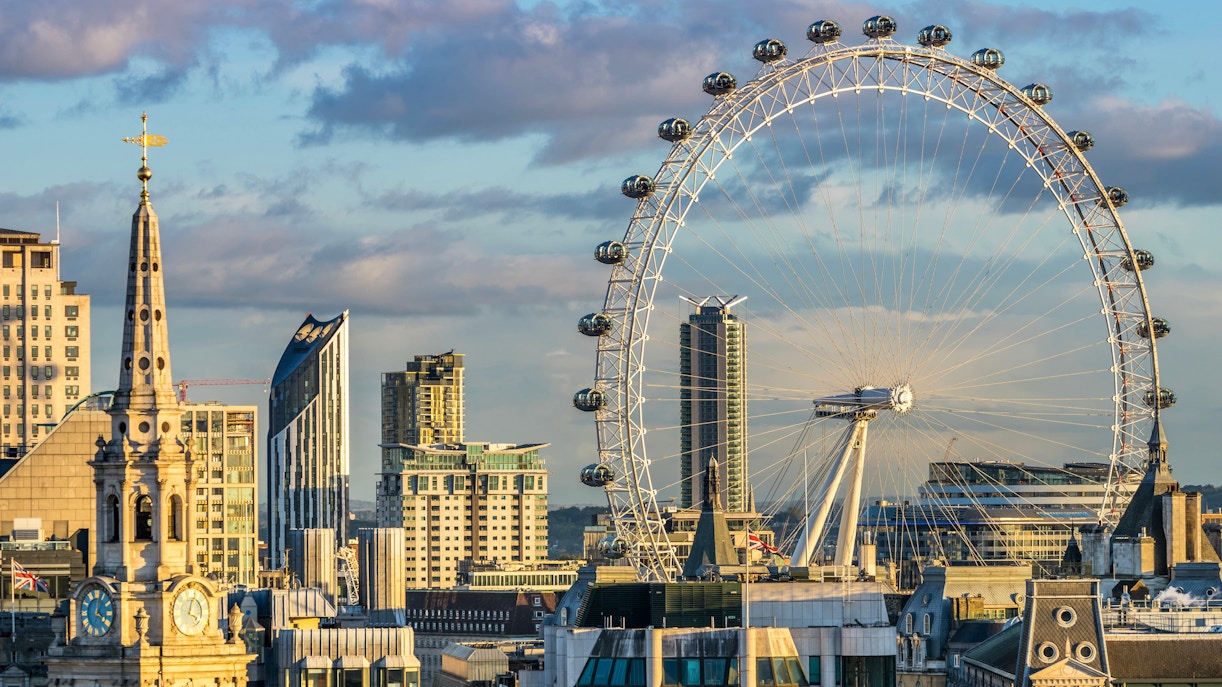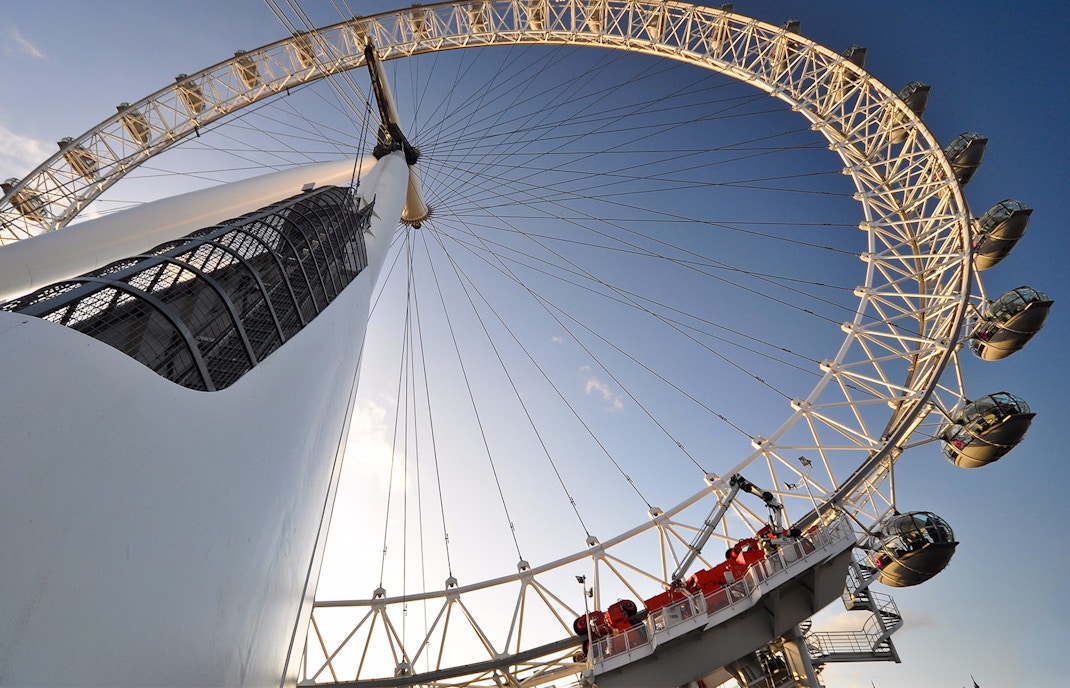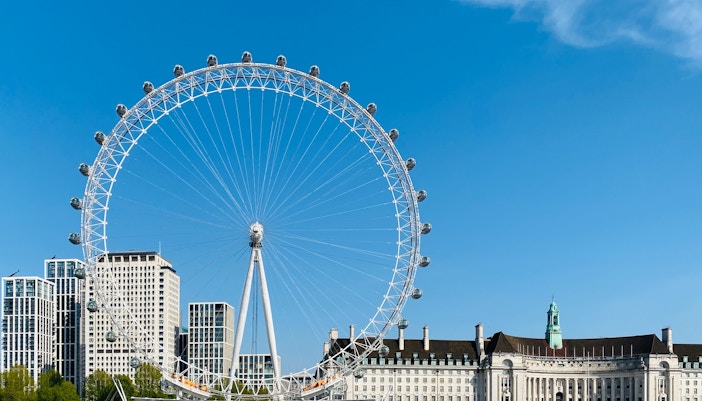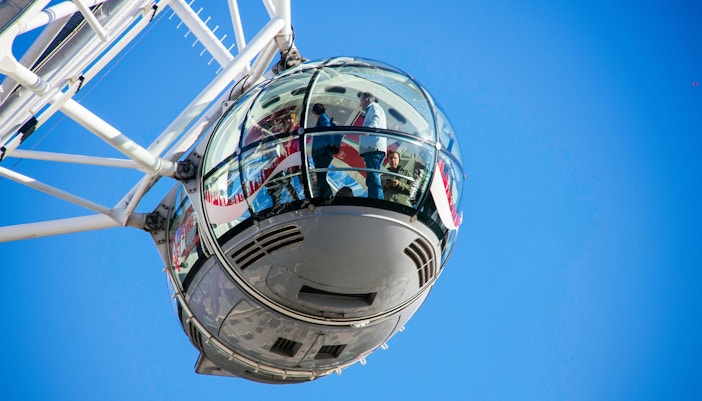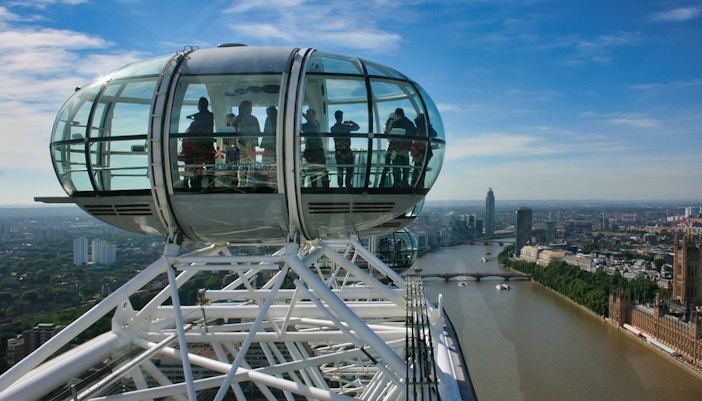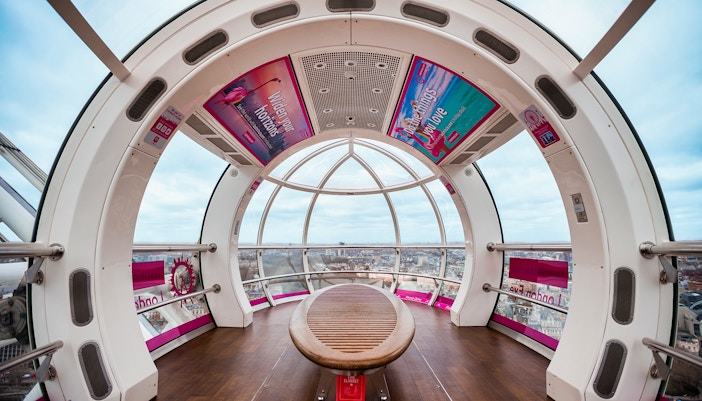Stages of construction
The construction of the London Eye was a complex and challenging process that took several years to complete. Throughout construction, the architects and engineers worked closely to ensure the design was safe and aesthetically pleasing. The result is a truly impressive structure that stands as a testament to the ingenuity and skill of its creators.
Design and planning
The first stage of construction involved designing the wheel and securing the necessary permits and funding. Architects David Marks and Julia Barfield worked closely with engineers and designers to create a design that met the strict safety standards required for such a large structure.
Fabrication
Once the design was finalized, construction began on the various components of the wheel. The steel frame was fabricated in three sections, transported to the site, and assembled using cranes.
Installation
The next stage of construction involved installing the various components of the wheel, including the spokes, the capsules, and the lighting system. Each capsule was installed using a specially designed crane, and the wheel was slowly lifted into place using hydraulic jacks.
Testing and commissioning
The final stage of construction involved extensive testing and commissioning to ensure that the wheel was safe and functional. This involved testing the various systems, including the lighting, the hydraulic system, and the electrical system, and making any necessary adjustments.

